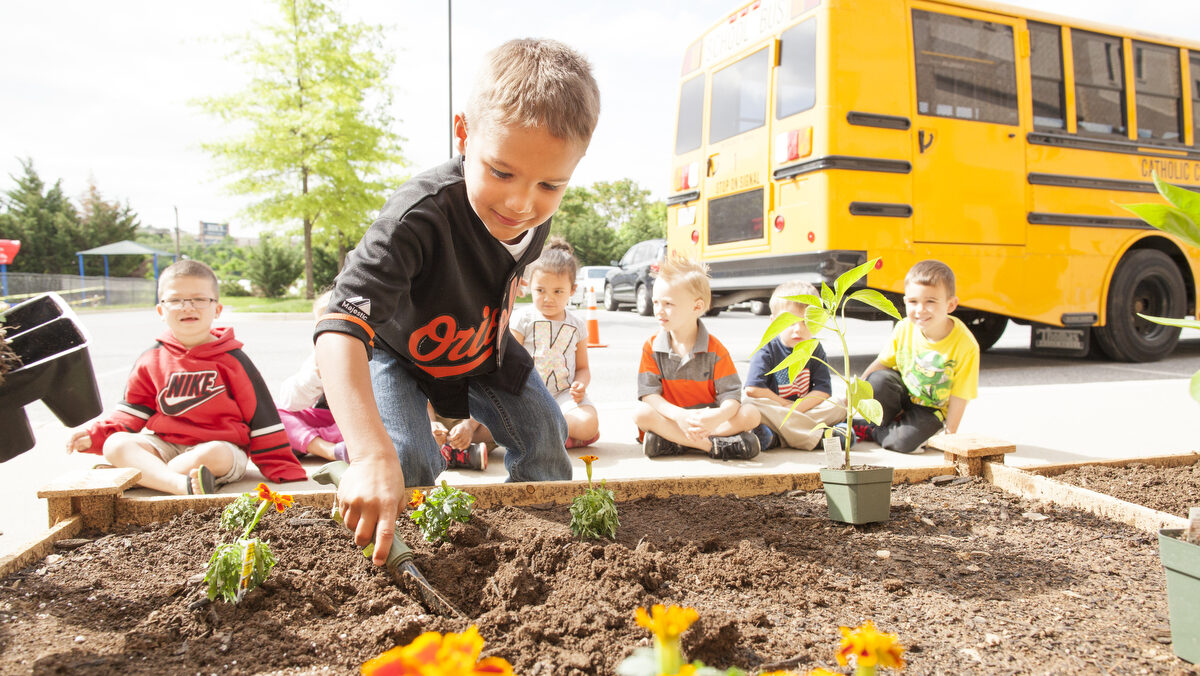
- This event has passed.
A Peak Into Playful Learning Classrooms: What Success Looks Like

This learning and engagement opportunity was the second of three sessions that follow-on to a spring GLR Learning Tuesdays event co-sponsored with Education Week and co-hosted with the Rollins Center for Language and Literacy, The Fall K–3 Classroom: What the Data Imply About Composition, Challenges and Opportunities. In that spring session, we reviewed data indicating what K–3 classrooms are expected to look like this fall after more than a year of disruptions. Also featured were leading experts previewing their promising interventions for successful teaching and learning that can help early grade teachers and address the ensuing challenges. During that session, Kathy Hirsh-Pasek, Ph.D., of Temple University and the Brookings Institution previewed the Playful Learning approach and then returned this week to further explore this evidence-based strategy that combines the best of educator expertise and student engagement by intentionally integrating joyful play into learning goals.
In this week’s forum, Hirsh-Pasek discussed how creating a Playful Learning environment embodies five principles of how kids learn: actively engaging, meaningful, socially interactive, iterative and joyful. With these principles guiding instruction, children are better able to develop the “6 C’s,” a suite of skills they need to flourish in the future: collaboration, communication, content, critical thinking, creativity and confidence. Hirsh-Pasek also shared The Ultimate Playbook, co-designed by educators for educators, providing the opportunity to bring the related resource to classrooms everywhere.
Further demonstrating the benefits of this theory of teaching and learning, three educators implementing the strategy joined the discussion. Ginger Fifer of the Friends Central School near Philadelphia, Pennsylvania, and Carol Lautenbach, Ed.D., of Godfrey-Lee Public Schools near Grand Rapids, Michigan, shared their experience using the Playful Learning approach with their students and its strong potential to address the challenges they expect to face in the fall. Kimberly Nesbitt, Ph.D., of the University of New Hampshire reviewed the statewide mandate for play-based learning in early education settings and discussed the in-depth coaching system that prepares and supports educators in implementing the approach as they work to accelerate equitable learning recovery post-pandemic.

